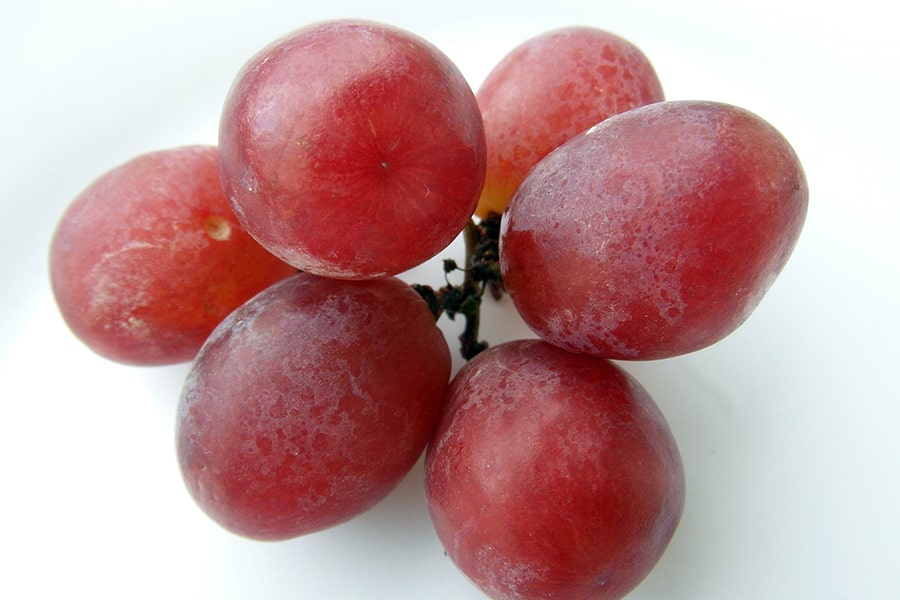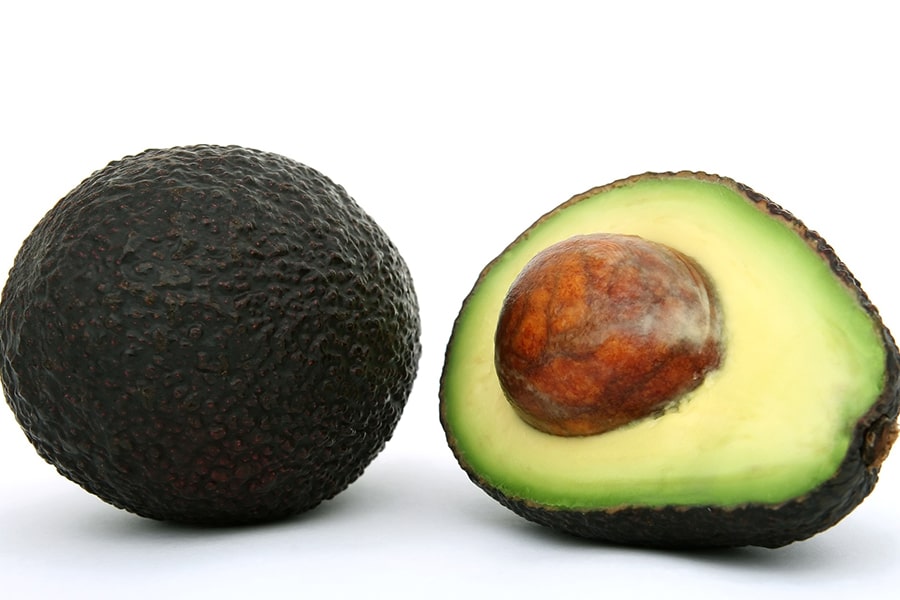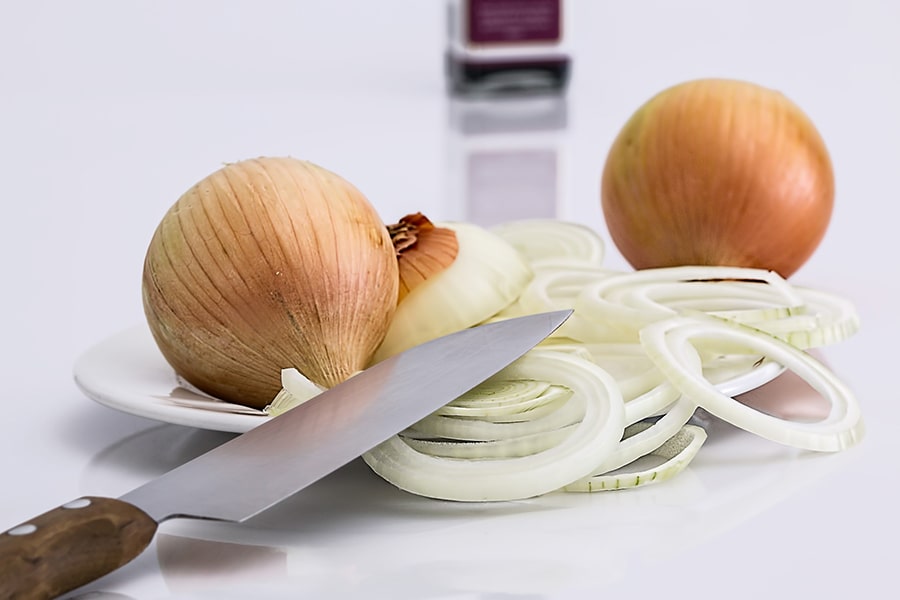Caring For Your Cat’s Fur
Learn how to care for your cat’s unique coat type. From longhair and shorthair to curly hair and hairless, each breed has some of their own care-taking needs.
No matter how hard your dog begs and pleads, there are simply some people foods you should never fork over. And of course, you also need to make sure potentially toxic foods aren’t left out where your dog could get at them. Read on to find out what not to feed dogs and why.
What human foods can dogs not eat? You may already know not to offer chocolate to your pup, but did you know that avocados can be bad for dogs too? Good human food can often mean bad pet food. Look over this list of 16 foods that should not be eaten by dogs.
You’ll find this list at our 101 Things You Didn’t Know Could Harm Your Pet, which names a bunch more (101 to be exact) of common household items that can cause problems for your dog. Be sure to check it out later, but for now, let’s break it down with more about why these foods are bad for dogs.

1. Chocolate
While melt in your mouth chocolate makes humans happy, it can be very harmful to your dog. It contains caffeine and theobromine, two stimulants that can make your dog’s heart race, blood pressure skyrocket, and even cause seizures and death.
The darker the chocolate, the more dangerous it can be for your pup because it contains even more of these substances. So baker’s chocolate and semi-sweet nibs are big no no’s. Smaller breeds can also be affected by a lesser amount of chocolate than larger breeds. You can see just how much is too much in our Dogs and Chocolate Infographic.

2. Gum and candy
Thinking about a dog chewing on a piece of gum might elicit a chuckle or two, but it’s not a laughing matter. A dog wouldn’t know what to do with this strange, chewy substance and may be likely to swallow it, which can cause choking or blockages in the digestive system. Candy can result in the same issues, especially if it’s super chewy, like caramel or taffy. Hard candies can also fracture your dog’s teeth.
Plus, if that gum or candy is sweetened with xylitol, it can cause some serious problems for your dog. xylitol is such a dangerous substance it has its own spot on the list.

3. Xylitol
Xylitol is a substitute sweetener used in many different foods, including gum, candy, desserts, yogurt, and peanut butter. Ingesting xylitol can result in low blood sugar (hypoglycemia), seizure, and liver failure in dogs. So please check the ingredients of anything that might contain xylitol before giving it to your dog.

4. Grapes
Grapes are highly toxic to dogs and can result in severe complications, including sudden kidney failure. Even just a single one can cause a nasty reaction in your dog, so keep those bowlfuls of grapes and fruit salads out of paws’ reach. If you happen to come home and find a straggly, empty grapevine on the floor near your dog, contact your veterinarian or animal poison control immediately (more on that at the end of this list).

5. Raisins
You know what raisins are, right? They’re dried and shriveled up grapes, of course! That means they’re just as harmful to your dog as their round and juicy friends. Raisins are also tricky since they can hide in cookies and other goodies that your dog might try to gobble up.

6. Macadamia nuts
These nuts originated in Madagascar and Australia but were brought over to Hawaii and California many years ago. They can now be found in plenty of local grocery stores and are sometimes baked into cookies. It’s not known what in these nuts causes a bad reaction in dogs, but symptoms can include a severely upset tummy, vomiting, hyperthermia, and tremors.

7. Avocados
These fruits (yes, they are a fruit) contain a substance called persin, which can be harmful to dogs. There is more persin in the leaves and skin of avocados, and different varieties can contain more or less of this toxic substance. In any case, it’s better to be safe than sorry and keep your dog’s nose out of the guacamole bowl on game day.

8. Onions
Onions contain a harmful substance that can damage your dog’s red blood cells, making them unable to carry oxygen through the body. This is as dangerous as it sounds and can be fatal. Now you might wonder what dog would eat an onion, but they’ve been known to gobble up slices dropped on the floor, snack on breaded onion rings, or nosh on sweeter tasting pearl onions. Onion powder is also a problem for dogs, so keep it safely stored away in the spice cabinet.

9. Garlic
Like onions, garlic can damage a dog’s red blood cells. Also, like onions, you may be wondering what dog would want to eat garlic. But dogs don’t always shy away from strong-tasting foods. They might eat up garlic cloves that fell while you were cooking or get into a jar of chopped garlic left open on the counter. Garlic powder can also be an issue, so be sure to store it safely.

10. Salt
Too much salt, whether it’s poured directly out of the shaker or on potato chips, pretzels, popcorn, or other snacks, can cause health issues for your dog. It can lead to sodium ions or salt poisoning, which can damage the kidneys. Signs include excessive thirst and urination, vomiting, and diarrhea.

11. Tea leaves
While sitting down with a nice cup of tea can be one of the most relaxing points of your day, you should certainly avoid inviting your dog for teatime. As I mentioned in our chat about chocolate, tea leaves contain caffeine and can be quite troublesome for dogs. Although your dog may seem uninterested in tea bags, you should store cartons of them safely and avoid leaving mugs with used tea bags around where your dog could take a taste.

12. Raw yeast dough
If you’re baking bread or other items with raw yeast, like homemade soft pretzels, be sure to let it rise somewhere safe from curious noses. The yeast in that dough can expand in your dog’s belly and cause painful gas and bloating. Bloat can cause a dog’s stomach to twist, which can turn into a medical emergency. There is also a risk of alcohol intoxication since yeast produces alcohol during the fermenting process.

13. Spoiled foods
There can be all sorts of harmful things lurking in your garbage, such as spoiled or moldy foods, that can upset your dog’s tummy or worse. Some molds contain mycotoxins that cause serious muscle tremors. Be sure to throw old or rotten foods out where your dog can’t get at them, like a securely closed outdoor garbage bin.

14. Fatty foods
Feeding your dog fatty foods, like hot dogs, bacon, ribs, or fried chicken, can upset your dog’s stomach and cause vomiting and diarrhea. It can also lead to pancreatitis, which is an inflammation of the pancreas. Some breeds, like Miniature Schnauzers and Yorkshire Terriers, may be more prone to pancreatitis. If you notice your dog is hunched over with tummy pain, contact your vet.

15. Coffee
Like tea leaves and chocolate, coffee is harmful to dogs because of its caffeine content. This goes for brewed, ground, and whole bean coffee. It’s also true of used coffee grounds, so be careful how you dispose of them.

16. Alcohol
Just like people, dogs can get buzzed from drinks or foods containing alcohol. This effect can be amplified for dogs, especially for those of smaller breeds. Alcohol can also affect your dog’s nervous system and even lead to a coma or death. There’s simply no reason ever to offer your dog an alcoholic beverage. You should also keep an eye on your dog during parties where drinks may be left around.
Besides human food, beverages, and medicines, there are also some plants that are toxic to dogs. Check out this list of plants to keep out of your dog’s reach.
Dogs of any breed, shape, or size are at risk for ingesting something harmful. However, based on their personalities, some dogs may be more prone to eating things they shouldn’t. While all dogs need to be protected from harmful foods and toxic substances, dogs who are super curious or love to put things in their mouths may need closer supervision.
It’s good to know the list of things dogs should not eat, but that doesn’t mean you’ll be able to protect your dog from getting into trouble all of the time. If you suspect your dog has ingested harmful food or substance, contact your veterinarian or the ASPCA® Animal Poison Control Center (APCC) immediately. The APCC is available 24/7 at 888-426-4435. A $75 consultation may apply, but a portion of that is covered if you have an ASPCA® Pet Health Insurance plan.
Also, be sure to stay calm and never try to treat your dog without professional advice. You could injure your dog or get hurt yourself. Even the most loving dog can act out when in pain, scared, or upset. Depending on the situation, your vet may need to perform diagnostic tests, induce vomiting, administer fluids through an IV, or prescribe medications. Hospitalization may also be necessary in more severe cases.
An ASPCA® Pet Health Insurance plan can help you with eligible costs for covered conditions like surgery expenses for accidents and help provide peace of mind that your pet can receive the care they need. Check out our online resources to learn more about your insurance options and get a free quote today. The information presented in this article is for educational and informational purposes only and does not constitute or substitute for the advice of your veterinarian.
(opens new window)